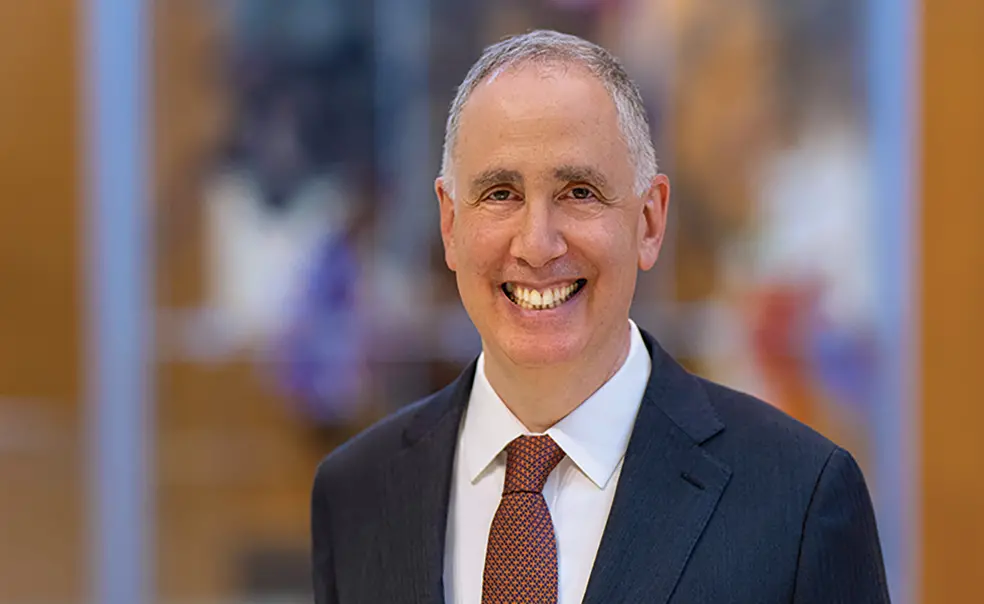Physicist Peter Schiffer Is Princeton’s New Dean for Research
Schiffer was most recently director for strategic projects for the faculty of arts and sciences at Yale
Peter Schiffer became Princeton’s dean for research on Aug. 28, taking over from chemical and biological engineering professor Pablo Debenedetti, who stepped down after 10 years in the role. Schiffer, a professor of physics, was most recently working at Yale as director for strategic projects for the faculty of arts and sciences. As parent to sons Zachary ’16 and Benjamin ’20, and spouse to Sharon Hammes-Schiffer ’88 — who joined Princeton as a professor of chemistry in January — Schiffer is no stranger to Princeton.
PAW spoke with Schiffer about his goals for the Office of the Dean for Research, the challenges of federal regulation, and the forthcoming Environmental Studies and School of Engineering and Applied Science (ES and SEAS) complex.
What brought you to Princeton?
The opportunity to be part of the research enterprise at Princeton is a tremendous privilege and an honor. The faculty, the staff, and the students here are wonderful. The research is legendary. I just couldn’t resist.
What are your biggest goals?
To make Princeton the best place in the world to get research done across all scholarly disciplines. Scholars in different fields need different types of support and are subject to different rules from the federal government, so my goal is to make sure everything works smoothly in service of the research mission.
What do you do in a typical day?
I meet with faculty to talk about research opportunities, with staff who help with grant proposals and compliance requirements. I meet with other members of the administration to figure out the best way to support research and broader University missions. We also work with corporate engagement, helping form partnerships with companies, with foundations.
What else does your office do?
We are responsible for the intellectual property of inventions that come out of Princeton research, and we support entrepreneurship activities. One of the satisfying parts about being involved with the research enterprise is that some work turns into very useful inventions that improve people’s lives.
What do you foresee as the biggest challenge?
Federal regulations are evolving quickly, and one of my jobs is to make sure the researchers at Princeton, and Princeton as an institution, comply with the rules that the government sets. Most researchers want to focus on scholarship, so we need to make it easy for them to do that, to try to minimize the administrative burden.
How might the ES and SEAS complex affect research on campus?
It makes a difference to the quality of research when you have high-quality space to work in. I expect that will allow faculty to be even more ambitious in the projects that they take on, and will allow new types of research to get done in ways we probably can’t predict right now.
Have there been any surprises so far?
One of the things that makes Princeton special, that I knew about ahead of time, but had not fully experienced, is the sense of community.
This interview has been condensed.












No responses yet